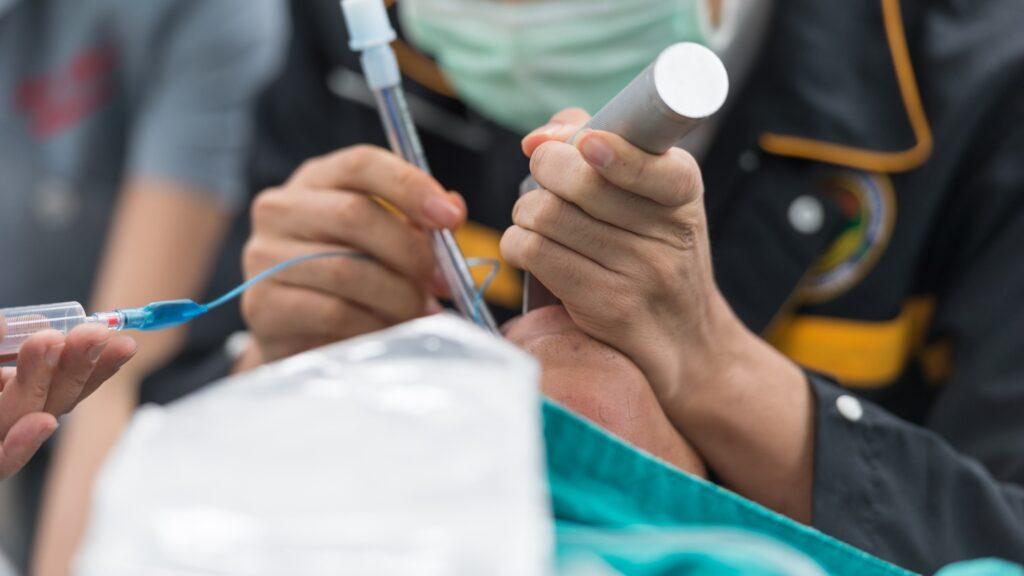As technology continues to advance, the future of assistive devices for rehabilitation, physiotherapy, and hospital furniture is looking brighter than ever. Manufacturers in these industries are constantly innovating and creating new products to improve the quality of life for individuals with disabilities and those in need of medical assistance. In this blog, we will explore some of the latest innovations in assistive devices and how they are shaping the future of healthcare.
Assistive Devices Manufacturer
Assistive devices manufacturers are at the forefront of creating products that enhance mobility and independence for individuals with disabilities. From advanced wheelchairs with smart technology to robotic exoskeletons that assist with walking, the future of assistive devices is focused on improving the overall quality of life for users. These manufacturers are also incorporating artificial intelligence and machine learning into their products to provide personalized and adaptive solutions for individuals with varying needs.
Rehabilitation & Physiotherapy Device Manufacturer
Rehabilitation and physiotherapy device manufacturers are developing cutting-edge equipment to aid in the recovery and rehabilitation of patients. From virtual reality systems for pain management to robotic therapy devices for stroke rehabilitation, these manufacturers are revolutionizing the way patients receive care. The future of rehabilitation and physiotherapy devices is centered around personalized and data-driven solutions that optimize the recovery process and improve patient outcomes.
Hospital Furniture Manufacturer
Hospital furniture manufacturers are focusing on creating ergonomic and adaptable furniture solutions to enhance patient comfort and caregiver efficiency. From adjustable hospital beds with integrated monitoring systems to modular seating options for waiting areas, the future of hospital furniture is centered around creating a healing environment for patients and a functional workspace for healthcare professionals. These manufacturers are also incorporating sustainable materials and design principles to create environmentally friendly and aesthetically pleasing furniture solutions.
In conclusion, the future of assistive devices for rehabilitation, physiotherapy, and hospital furniture is filled with exciting innovations that are improving the quality of care for patients and enhancing the overall healthcare experience. Manufacturers in these industries are continuously pushing the boundaries of technology and design to create products that are not only functional but also aesthetically pleasing and environmentally sustainable. As we look ahead, we can expect to see even more groundbreaking advancements that will continue to shape the future of healthcare.


